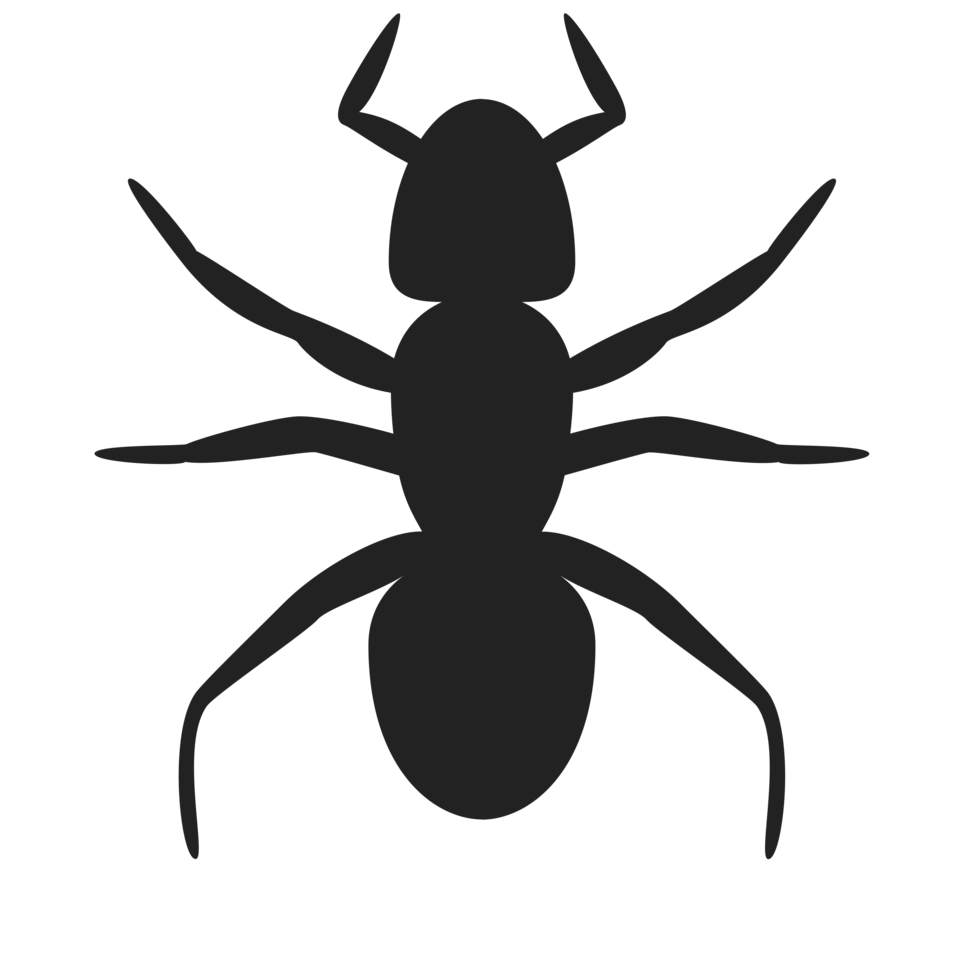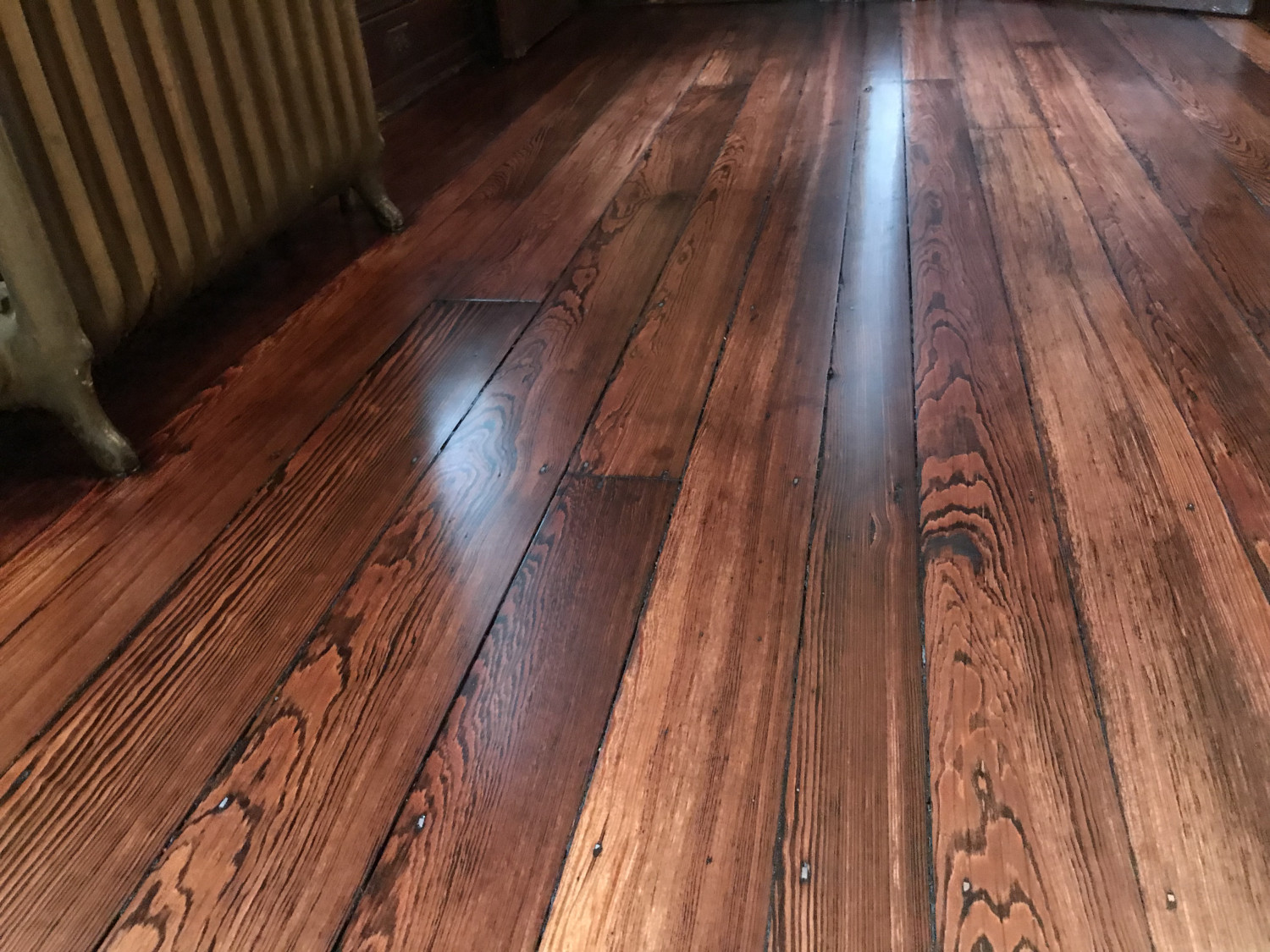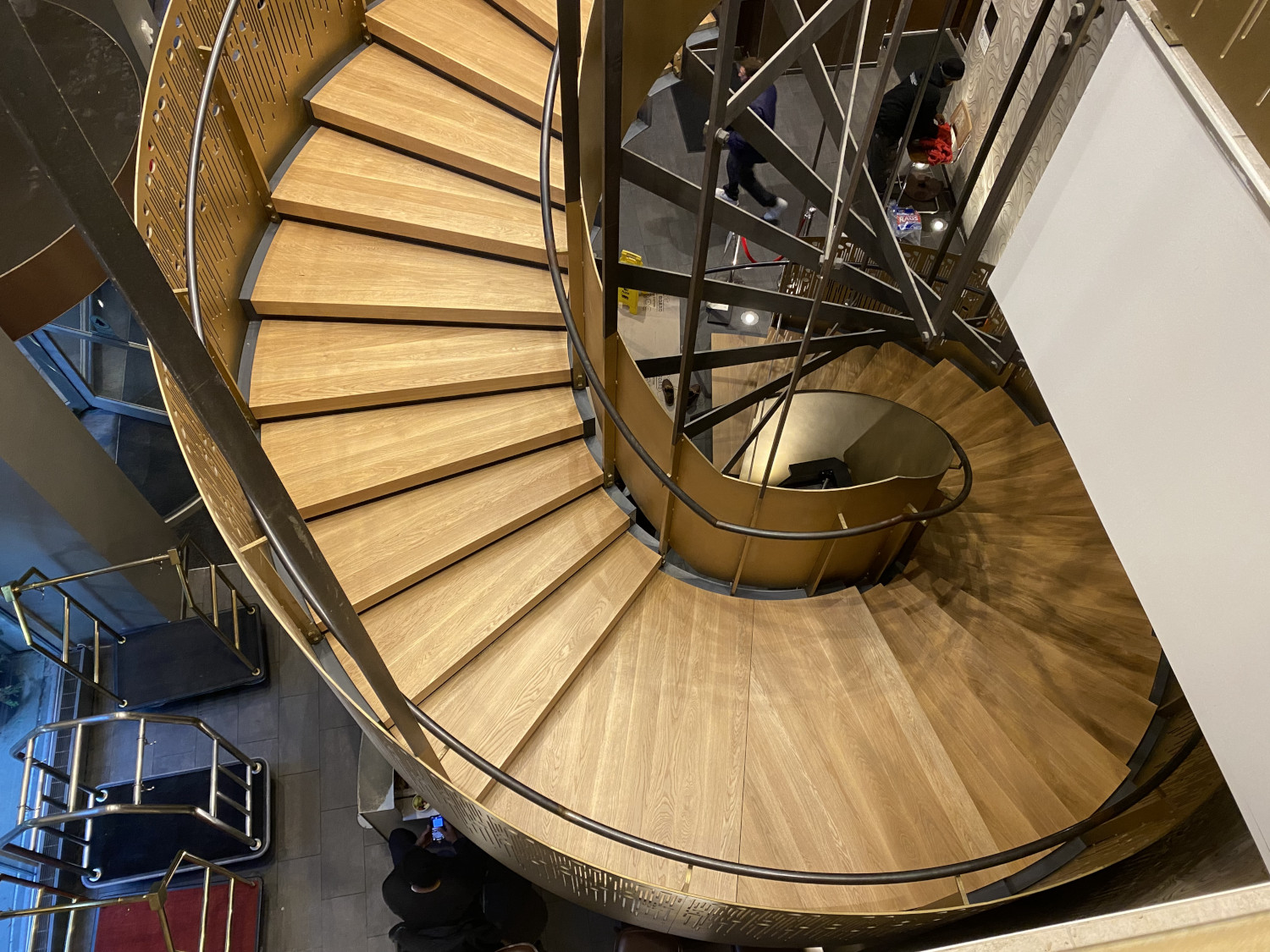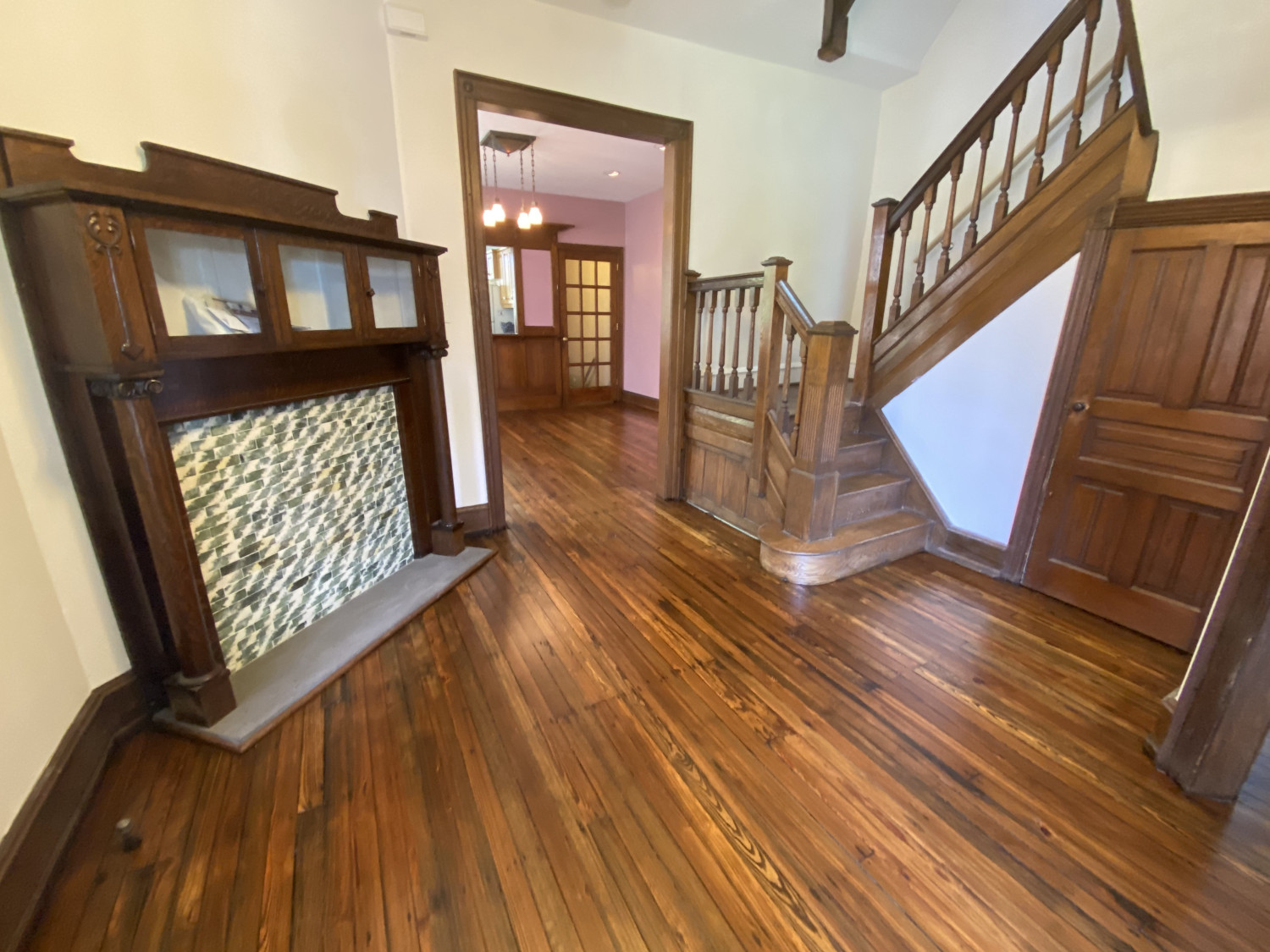Carpenter Ants and Their Damage to Homes
Carpenter ants are one of the most common insect infestations a home can have. They burrow into wood to make their nests, causing damage to not only your hardwood floors but to the structure of your home as well. They tend to burrow into softened wood that has been previously damaged or weakened by water or other pests such as termites. If your home requires hardwood installation in PA in order to deal with a problem with carpenter ants, don’t hesitate to call us, Artisan Wood Floors LLC at 215-515-7355.
Carpenter ants can establish colonies in your home that can live for years. And if all that wasn’t bad enough: they bite.

Carpenter ants are a nuisance for homeowners, and addressing an infestation promptly is crucial to protect your home.
Here are answers to some of the most frequently asked questions regarding carpenter ant damage, infestations, identification, prevention, and treatment.
What are carpenter ants, and why are they problematic for homeowners?
Carpenter ants are large ants that burrow into wood to create nests. They are a problem for homeowners because they can damage the structure of your home, including hardwood floors, by excavating tunnels and nesting inside. They can establish lasting colonies, causing structural issues and potentially costly repairs.
How can I identify carpenter ants in my home?
Identifying carpenter ants can be tricky because there are 24 different species, and their size and color can vary. However, they typically range from 3.4 mm to 13 mm in length and have colors ranging from red, orange, or yellow to brown and black. Adult carpenter ants have wings, bent antennae, and a narrow waist, distinguishing them from termites. If you see ants with these features, it may indicate a carpenter ant infestation.
What are the signs of a carpenter ant infestation?
Signs of a carpenter ant infestation include:
- Wood Shavings: Piles of wood shavings near the entrance to their nest sites, as they discard the wood they chew through.
- Hollow Sound: Knocking on wood where you suspect an infestation may produce a hollow sound, as this is where the ants have excavated tunnels.
- Ant Activity: Visible ant activity inside your home, especially around areas with potential moisture or wood damage.
How can I prevent a carpenter ant infestation in my home?
To prevent carpenter ant infestations, consider these steps:
- Seal Entrances: Seal off possible entry points, such as cracks near doors and windows or where electrical wires and utilities connect to the building.
- Reduce Moisture: Address water damage promptly by regularly fixing leaks and cleaning gutters. Ensure well-ventilated areas in your home, especially in basements and bathrooms.
- Proper Food Storage: Store food securely in your kitchen and remove any excess wood or stumps near your home’s perimeter.
What should I do if I suspect a carpenter ant infestation in my home?
If you suspect an infestation, it’s essential to address it promptly. Delaying treatment can result in further carpenter ant damage to your home’s structure.
You have a few options:
- Remove Nesting Wood: You can sometimes eliminate the infestation by removing the piece of wood where the ants have started nesting. If this is in your floor, you will most likely need to call in a professional hardwood floor repair service in your area.
- Boric Acid Treatment: Drill small holes (about 1/8th inch wide) into the nest area and puff boric acid powder inside. This method is effective in killing carpenter ants. However, it may not eradicate all nests, especially if multiple satellite nests exist.
- Professional Pest Control: It’s advisable to seek professional pest control services. Pest control professionals can locate nests in your home, treat the outside to prevent ants from re-entering, and effectively locate and treat each nest site.
Can I treat a carpenter ant infestation alone, or should I hire a professional?
While some minor infestations may be manageable on your own, hiring a professional pest control service is often more effective. Infestations can be challenging to eradicate fully, especially when dealing with satellite nests. Pest control professionals have the experience, tools, and knowledge to locate and treat all nests effectively, preventing further carpenter ant damage to your home.

Are there any natural or eco-friendly methods to treat carpenter ant infestations?
There are natural and eco-friendly options to address carpenter ant infestations. Diatomaceous earth, which is a non-toxic, abrasive powder, can be effective in killing ants. Additionally, boric acid or a combination of borax and sugar as bait can be considered eco-friendly treatments. However, using these methods correctly and safely may require some knowledge or professional guidance.
How can I ensure carpenter ants do not return after treatment?
It’s crucial to address the factors that attracted them initially to prevent carpenter ants from returning after treatment. That includes sealing entry points, addressing moisture issues, and practicing good sanitation by keeping your home clean and free of food debris that may attract ants. In terms of your hardwood floors, sanding and resealing your floors will ensure that the pesky critters don’t return.
Are carpenter ants harmful to humans?
Carpenter ants can bite when they feel threatened, and their bites can be painful. However, they are not typically dangerous to humans. These bites are a defensive response and are not intended for feeding. Carpenter ants are not known to transmit diseases, so the primary concern is the damage they can cause to your home’s structure.
Can I use DIY traps or baits to get rid of carpenter ants?
DIY traps and baits can be a part of your control efforts, especially for monitoring carpenter ant activity. However, they may not be sufficient to completely eliminate a carpenter ant infestation, especially if multiple nests are involved. Professional pest control is often the most effective way to ensure thorough treatment and long-term prevention. If using DIY methods, follow instructions carefully and seek professional advice if the infestation persists.
Recent Hardwood Flooring Projects in Philadelphia & NJ




0 Comments